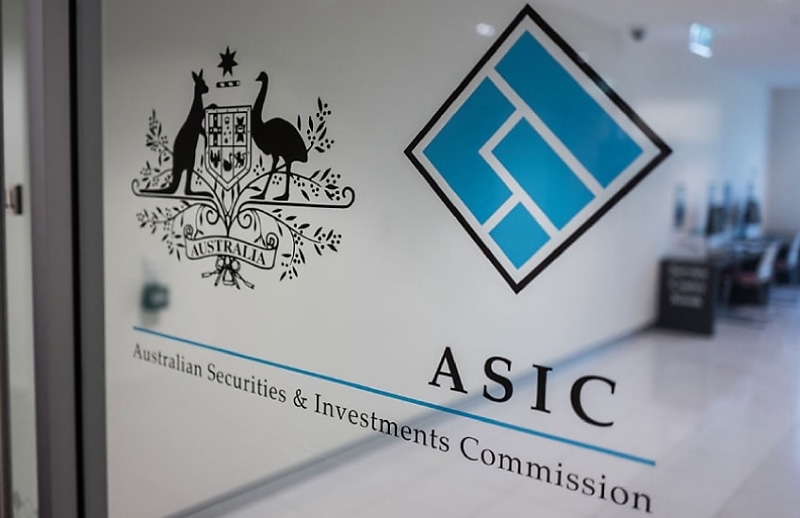ASIC approved less than a quarter of auditor applications assessed in 2024–25
BusinessAs auditor numbers continue to dwindle, ASIC’s annual report revealed it approved less than a quarter of auditor applications in 2024–25.

In 2024–25, ASIC assessed 747 applications relating to registered company auditors (RCAs), authorised audit companies and SMSF auditors.
Of these, approximately 73 per cent (542 applications) were cancelled or suspended, while 4 per cent (35 applications) were withdrawn voluntarily. Only 23 per cent, or 170 applications, were approved.
Previously, accounting bodies have called for an overhaul of ASIC’s entry requirements for financial advisors and auditors, warning that overly onerous requirements were contributing to talent shortages.
Over the 20 years to 2025, the number of RCAs declined from 6,173 to 3,073, ASIC figures showed.
“The entry requirements for RCAs are highly restrictive, which is necessary to ensure the appropriate level of expertise and regulatory oversight for the audit of highly complex entities such as listed companies or multinational enterprises,” CPA Australia CEO Chris Freeland said in August.
“However, the current entry requirements do not adequately differentiate between various audit risks, leading to unnecessary barriers and costs for lower-risk audit engagements. This risks undermining the pipeline of future auditors at a time when demand for independent assurance is growing, particularly in emerging areas like sustainability reporting.”
Kirk Davis, aspiring auditor and principal of Kirk Davis Accounting, withdrew his RCA application in August 2025 after 14 months, following a letter from ASIC which informed him he was unlikely to be successful in his application.
He said that ASIC’s auditor entry requirements, particularly the requirement to supervise staff, posed significant barriers to small businesses.
ASIC’s internal policy stipulates that successful RCA applicants must have “experience in all key aspects of audit engagements, including planning, executing and finalising audits, and supervising staff undertaking audit work.”
However, Davis argued that ASIC’s staff supervision requirement was not explicitly mandated under the Corporations Act and imposed unnecessary compliance burdens on small businesses that exceeded what was legislated.
He said that the staff supervision requirements had barred him from completing his RCA registration, despite having spent over 3,000 hours working on audits and being mentored by an RCA for over 750 hours.
In 2025, Davis hired a staff member “under protest” to meet ASIC’s supervisory requirements. In a letter to Davis, seen by Accounting Times, ASIC prompted him to withdraw his application.
“Given it may take you some time supervising [the staff member] to meet the supervisory requirement, you may wish to consider withdrawing your current RCA application. In the event you do not withdraw your application, we are minded to refuse your current application,” the letter read.
ASIC said it would likely refuse the application on two grounds: the supervisory experience requirement and concerns regarding independence obligations.
In Davis’s view, ASIC’s requirements for RCA status often assumed the operational model of a larger firm, including extensive timekeeping, mentorship programs, and specific audit structures.
“Smaller firms, however, typically operate differently, with fewer staff and less formalised systems,” he said.
Following feedback from accounting bodies, the Productivity Commission proposed that regulators should revise requirements for RCAs by introducing a tier of licensing for lower-risk assurance activities.
Currently, all Australian RCAs must complete at least a three-year qualification in accounting, a two-year qualification in law, a prescribed auditing course and a logbook of experience in auditing competencies across the previous three to five years.
By contrast, New Zealand provided two tiers of licensing for auditors, with different requirements for different assurance risk levels.
“The Australian government should consider a more nuanced approach to licensing RCAs, including the addition of a lower-tier licence for low-risk audits,” the Productivity Commission said.




